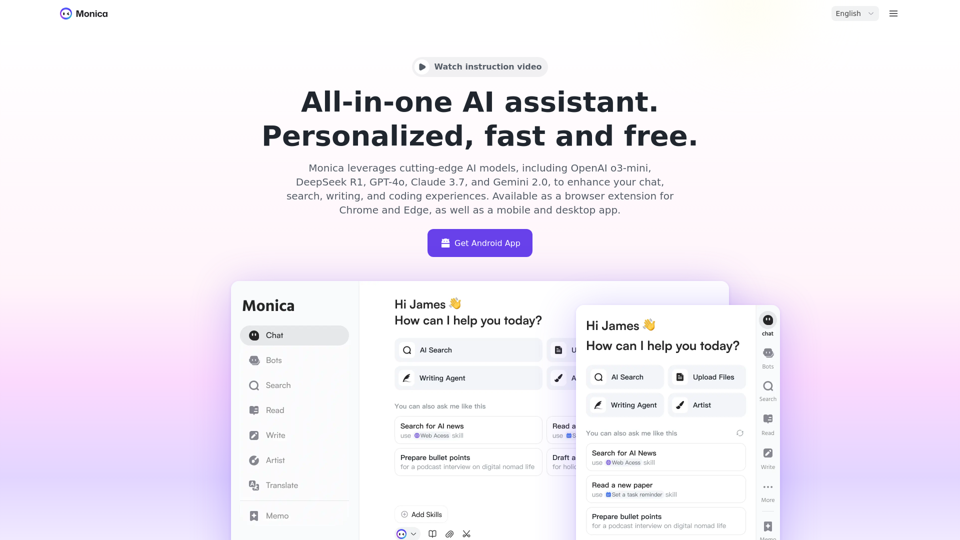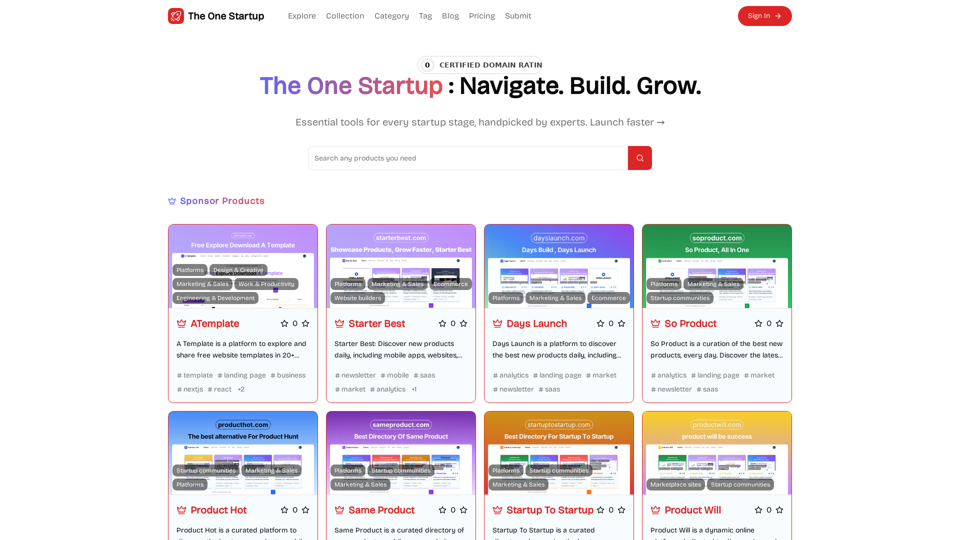What's Artificial Intelligence (AI)?
Artificial Intelligence (AI) refers to the simulation of human intelligence in machines designed to think and learn like humans. AI encompasses various technologies, including machine learning and deep learning, enabling machines to perform complex tasks that typically require human intelligence. This technology is transforming numerous industries by automating processes and providing intelligent solutions.
Benefits of Artificial Intelligence (AI)
AI offers a multitude of advantages across various sectors, enhancing efficiency, productivity, and innovation. Here are some key benefits:
Enhanced Healthcare
- AI assists in diagnosing and treating patients, improving medical outcomes.
- It enables remote monitoring and telemedicine, enhancing patient care.
- AI systems can predict health risks and assist in complex procedures like surgeries.
Boosted Economic Growth
- AI contributes significantly to economic development by creating new job opportunities and improving productivity.
- It is projected to add trillions to the global economy by 2030.
Climate Change Mitigation
- AI aids in developing renewable energy systems and optimizing resource use.
- It helps in predicting and mitigating the effects of climate change.
Advanced Transportation
- AI powers autonomous vehicles, improving safety and efficiency.
- It enhances traffic management and reduces congestion through smart systems.
Customer Service Excellence
- AI-driven chatbots provide instant customer support, improving user experience.
- Businesses use AI to personalize interactions and enhance customer satisfaction.
Scientific Discovery
- AI accelerates research by analyzing data and identifying patterns quickly.
- It supports breakthroughs in various scientific fields.
Enhanced Financial Services
- AI improves fraud detection and risk management in financial institutions.
- It aids in personalized financial planning and investment strategies.
Improved Agriculture
- AI optimizes farming practices by analyzing weather patterns and crop conditions.
- It enhances yield predictions and resource management.
Enhanced Cybersecurity
- AI strengthens cybersecurity by detecting and preventing threats in real-time.
- It automates threat analysis and response, safeguarding data and systems.
How to Use Artificial Intelligence (AI)
Implementing AI effectively requires a strategic approach tailored to specific industry needs. Here are steps to leverage AI technology:
Identify Opportunities
- Assess areas where AI can add value, such as automating repetitive tasks or enhancing decision-making processes.
Develop a Strategy
- Create a clear AI strategy aligned with business goals, focusing on areas with the highest impact potential.
Invest in Technology
- Invest in AI tools and platforms that suit your industry and operational needs, ensuring scalability and flexibility.
Train Your Team
- Equip your workforce with the necessary skills to work alongside AI technologies, fostering a culture of innovation.
Monitor and Optimize
- Continuously monitor AI systems to ensure they deliver desired outcomes, making adjustments as needed to optimize performance.
Artificial Intelligence is a transformative technology with the potential to revolutionize industries and improve societal outcomes. By understanding its benefits and strategic implementation, organizations can harness AI's power to drive innovation and growth.



















